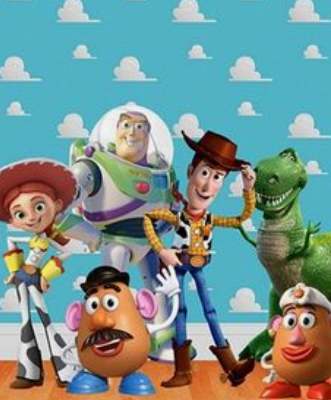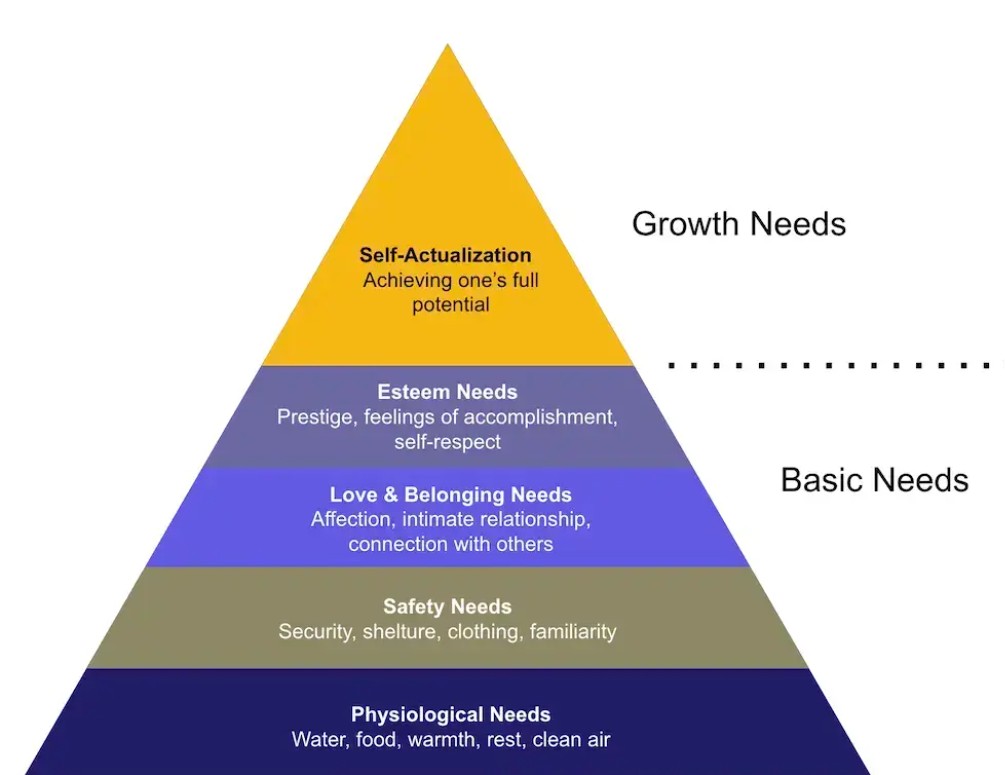Traditional Culture vs. Self-Transcendence

On the road of life there are old friends, new friends, and stories that change you.
Toy Story is an animated film written by Pixar. In the story, there are two interesting toy characters: the cowboy Woody, who firmly believes in traditional social ethics and values, and the shepherdess Bo Peep, who embodies a modern sense of self-worth. Woody holds that life’s purpose is defined by traditional moral values, and anything that contradicts this code is immoral. However, the tragic irony of sticking to these moral values is that when a toy becomes outdated and can no longer entertain its owner, it loses its value. On the other hand, Bo Peep represents a modern approach to life where self-fulfillment and happiness are paramount. She represents a self-worth rooted in doing what makes one happy, without concern for others’ expectations. If toys have value in their world, what does this tell us about the meaning and choices in our own lives?
In traditional cultures, self-worth is defined by one’s place within family, society, and moral traditions—who we are is determined by these external forces. People adjust themselves, sometimes sacrificing their individual desires, to meet the expectations of mainstream society. In this framework, personal preferences and interests become less important. In contrast, modern self-worth is defined by doing what feels true to oneself, where being happy and authentic is the ultimate measure of goodness and morality. As long as one is true to their “true self,” it is considered moral, good, and virtuous.

A good traditional culture is the inheritance of our ancestors, a foundation that can raise personal moral standards and emphasize the importance of family support.

The concept of the self is not selfish but rather is intertwined with the larger community. Self-transcendence can enhance one’s understanding of their existence and is the result of self-reflection and evaluation.
These two perspectives—traditional culture and modern self-worth—are not necessarily in conflict; rather, they can complement each other, offering mutual learning and growth. However, if one takes either approach to an extreme or surpasses reasonable limits, it may cause emotional harm to oneself or others, which is truly regrettable.
The older generation, especially among first-generation immigrants, is often unconsciously influenced by the traditional culture of their upbringing. We tend to insist on our beliefs, thinking we are right, and become entangled in our relationships with our children. This sense of loss and heartache can only be fully understood by those who experience it. Meanwhile, the new generation, educated in Western cultures with high standards, may also face its own unsolvable dilemmas, resulting in a kind of existential confusion.
At the end of the film, Bo Peep fulfills Woody’s ethical values by supporting his decision, which allows him to grow and evolve. But the most unexpected part is when Woody, who has always adhered to traditional values, chooses to leave his little owner, who no longer needs him, and join Bo Peep in wandering freely. Woody’s decision is not about imitating Bo Peep’s modern approach to “being oneself”; rather, it’s about realizing that leaving behind tradition is not necessarily a loss. The old moral values that he once held so firmly may not be absolute truths after all, and it is possible to question their validity.
Ultimately, the tension between traditional culture and self-transcendence reflects a broader philosophical question about the role of the individual in society and the quest for meaning in life. The balancing of these forces—individual growth and societal continuity—continues to shape how cultures evolve and how individuals navigate their place within them.

